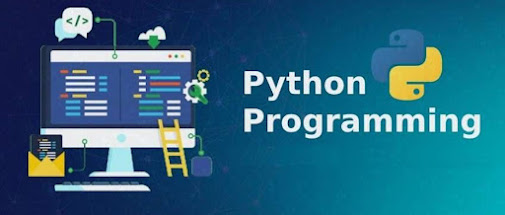Python is one of the most popular programming languages in the world, and it is particularly well-suited for data analytics. Learning Python can open up many opportunities in the field of data analytics, but it can also be a daunting task for beginners. In this article, we will provide you with some tips on how to learn Python easily for data analytics and include links to different websites that provide free Python courses.
Tip #1: Start with the Basics
Before diving into data analytics with Python, it is important to learn the basics of the language. This includes understanding variables, data types, loops, and conditional statements. Websites like Codecademy and W3Schools offer free courses on Python basics, making it easy for beginners to learn the fundamentals of the language.
Tip #2: Learn Data Structures and Libraries
Once you have a good understanding of the basics of Python, it is time to learn about data structures and libraries. Data structures like lists, tuples, and dictionaries are essential for organizing and manipulating data in Python. Libraries like NumPy, Pandas, and Matplotlib are used for data analysis and visualization. Websites like DataCamp and edX offer free courses on Python libraries for data analytics, which are great resources for learning about these topics.
Tip #3: Practice with Real-World Projects
To become proficient in Python for data analytics, it is important to practice with real-world projects. Websites like Kaggle and Data.gov offer datasets that you can download and analyze using Python. This allows you to apply the skills and knowledge you have learned to real-world problems and gain experience working with data.
Tip #4: Join Online Communities
Joining online communities like Reddit and Stack Overflow can be a great way to learn Python for data analytics. These communities offer a wealth of information on programming and data analytics, and you can ask questions and get help from experienced programmers and data analysts. You can also participate in discussions and learn from others' experiences.
Free Python Courses for Data Analytics
Here are some websites that offer free Python courses for data analytics:
Codecademy - Offers a free Python course that covers the basics of the language.
W3Schools - Offers a free Python tutorial that covers the basics of the language.
DataCamp - Offers a free Python course that covers data analysis with Pandas.
edX - Offers a free Python for Data Science course that covers data analysis with NumPy, Pandas, and Matplotlib.
Kaggle - Offers free datasets that you can download and analyze using Python.
See Also:
How to become a Data Analyst
Conclusion
Learning Python for data analytics is an excellent way to open up many opportunities in the field of data analysis. By starting with the basics, learning about data structures and libraries, practicing with real-world projects, and joining online communities, you can become proficient in Python for data analytics. The websites mentioned in this article offer free courses and resources to help you learn Python easily for data analytics. So, what are you waiting for? Start learning Python today and unlock the potential of data analytics!
